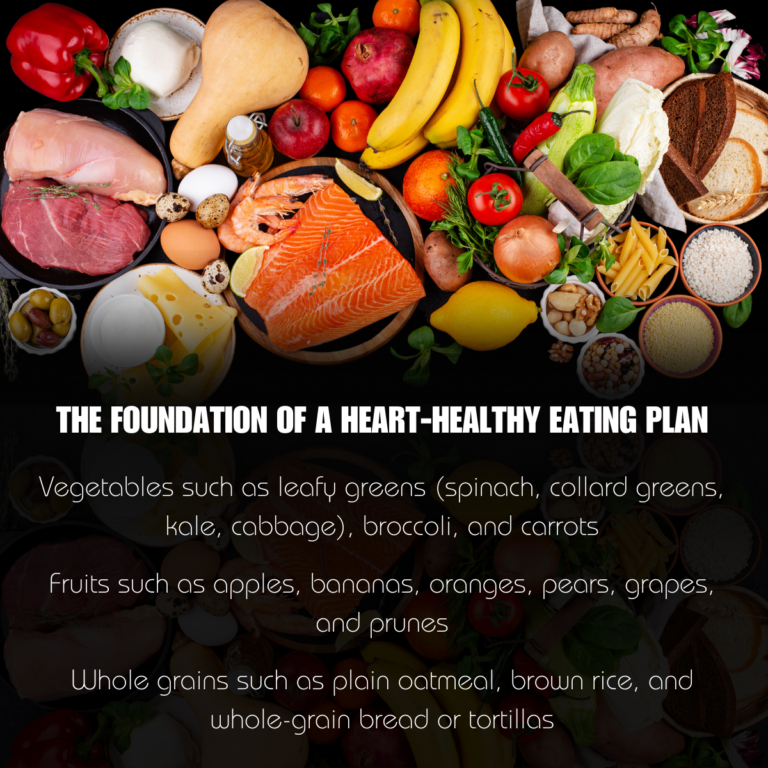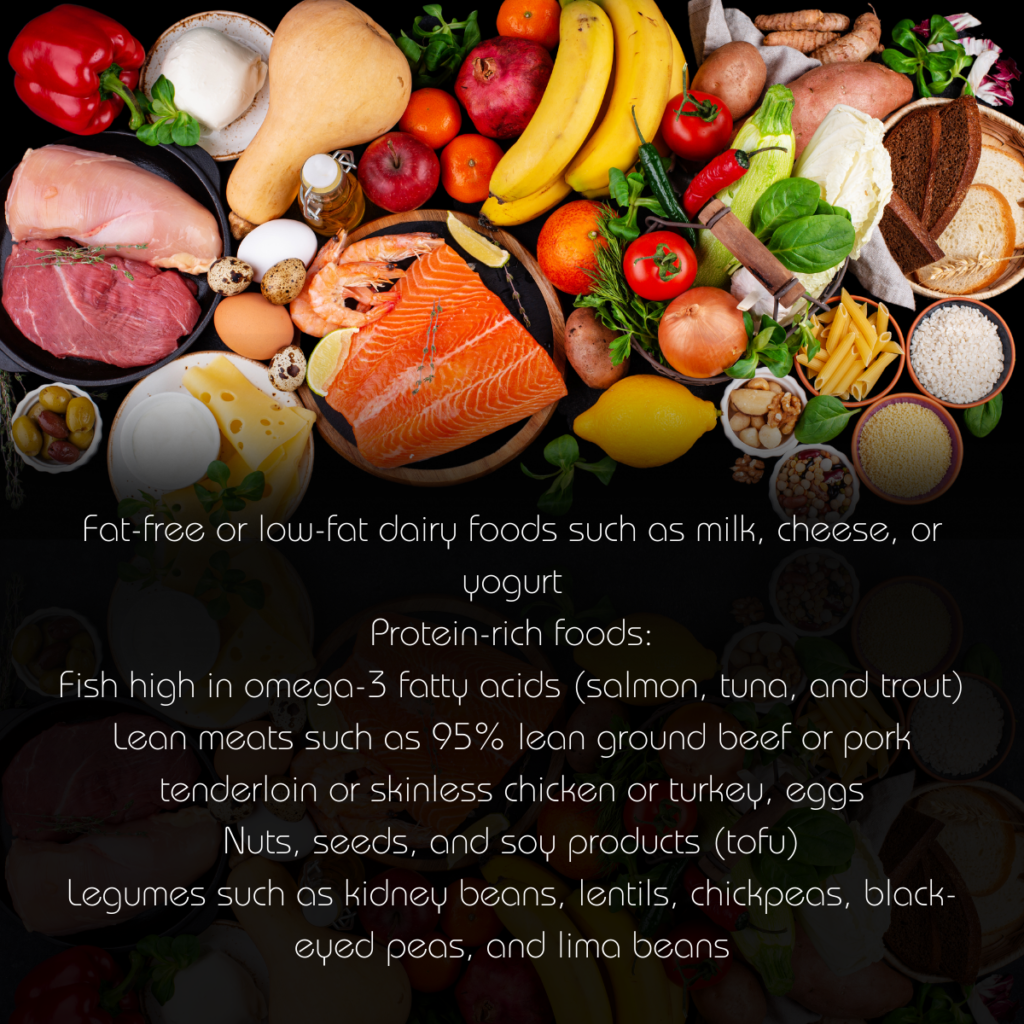Nourish Your Heart: The Power of Heart-Healthy Foods
In a world where fast food and processed snacks dominate, it’s crucial to prioritize heart-healthy foods that nourish our bodies and protect our most vital organ. The food choices we make can have a profound impact on our cardiovascular health and overall well-being. In this persuasive blog post, we will delve into the remarkable benefits of incorporating heart-healthy foods like legumes, fish, grains, fruits, vegetables, and lean meats into your diet, convincing you that a healthy heart is within reach.
1. Legumes: A Fiber Powerhouse:
Legumes, including beans, lentils, and chickpeas, are a nutritional powerhouse for heart health. Packed with dietary fiber, they help lower cholesterol levels, reduce the risk of heart disease, and stabilize blood sugar levels. Additionally, legumes are an excellent source of plant-based protein, providing a healthy alternative to meat while promoting weight management and overall heart health.
2. Fish: A Sea of Omega-3 Fatty Acids:
Fish, particularly fatty fish like salmon, mackerel, and sardines, are rich in omega-3 fatty acids—a key nutrient for heart health. Omega-3s help lower triglyceride levels, reduce inflammation, and prevent the formation of blood clots. Regular consumption of fish has been associated with a reduced risk of heart disease, improved blood vessel function, and lower blood pressure.
3. Whole Grains: Fuel for a Healthy Heart:
Whole grains, such as quinoa, brown rice, whole wheat, and oats, are an essential part of a heart-healthy diet. Packed with fiber, vitamins, and minerals, they provide sustained energy, regulate blood sugar levels, and promote a healthy weight. Whole grains also help reduce cholesterol levels and lower the risk of heart disease and stroke.
4. Fruits: A Sweet Symphony of Antioxidants:
Fruits, nature’s colorful bounty, offer an array of heart-protective antioxidants, vitamins, and minerals. Berries, such as blueberries and strawberries, are particularly rich in antioxidants that combat inflammation and oxidative stress. Citrus fruits, like oranges and grapefruits, are packed with vitamin C, which supports arterial health. Regular fruit consumption has been linked to a reduced risk of heart disease and improved cardiovascular function.
5. Vegetables: A Garden of Nutrients:
Vegetables, with their vibrant colors and diverse flavors, are essential for a heart-healthy diet. Leafy greens, such as spinach and kale, are loaded with antioxidants, vitamins, and minerals that promote heart health. Cruciferous vegetables, like broccoli and Brussels sprouts, are packed with fiber and help lower cholesterol levels. Regular vegetable consumption supports overall cardiovascular health and reduces the risk of heart disease.
6. Lean Meats: A Heart-Healthy Protein Source:
While it’s important to limit red meat consumption, lean meats such as skinless poultry, turkey, and lean cuts of beef can still be part of a heart-healthy diet. They provide a good source of protein, vitamins, and minerals without the excess saturated fat found in fattier cuts of meat. Opting for lean meats supports muscle health, provides essential nutrients, and helps maintain a healthy weight.
Conclusion:
By incorporating heart-healthy foods into your diet, you’re taking an active step towards protecting your cardiovascular health and overall well-being. Legumes, fish, whole grains, fruits, vegetables, and lean meats offer a treasure trove of essential nutrients, fiber, and antioxidants that support a healthy heart. Embrace these nourishing options and savor the benefits—lower cholesterol levels, reduced inflammation, regulated blood sugar, and decreased risk of heart disease. Let the power of these heart-


